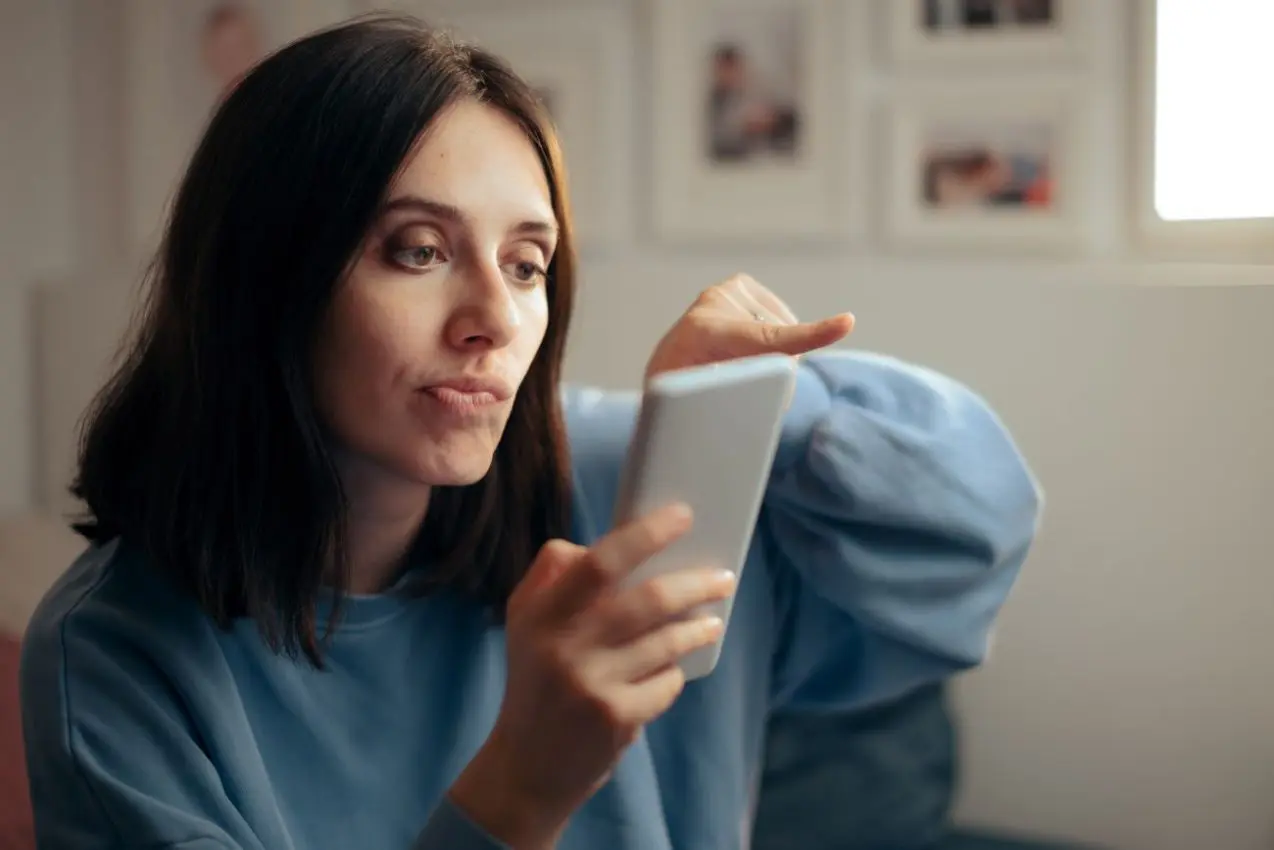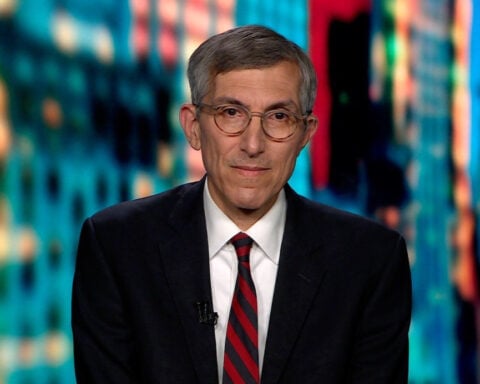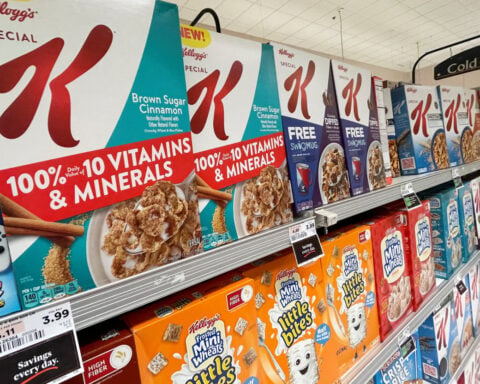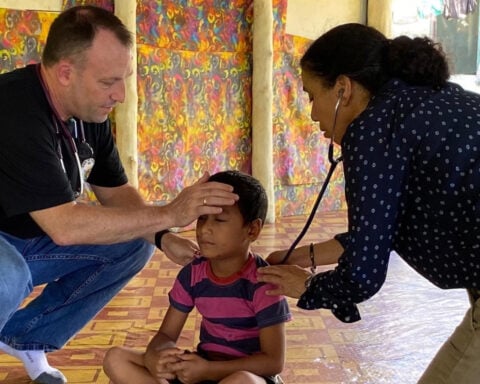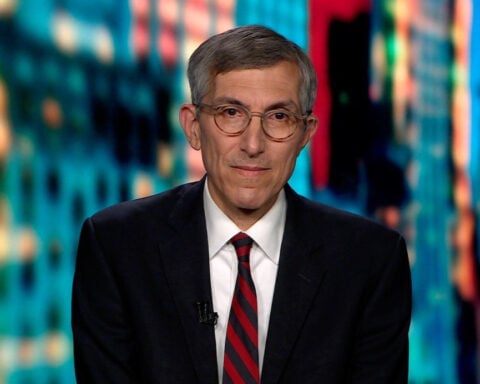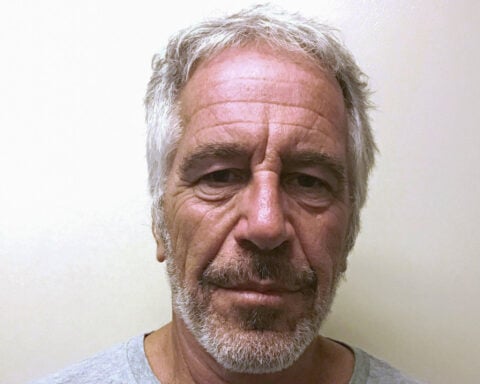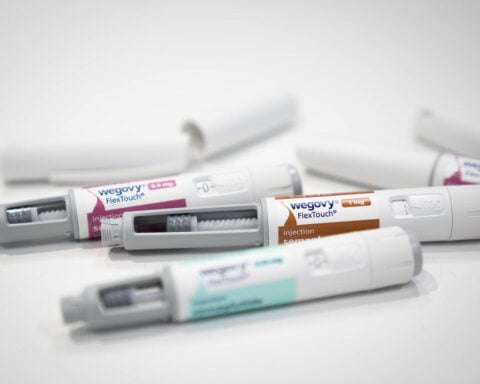When dating apps like Tinder were initially introduced ten years ago, it appeared to be a fresh age for individuals who are not in a committed relationship. However, the actual experience has proven to be a difficult, frequently exasperating, and occasionally harmful process for numerous individuals. Many users feel emotionally exhausted due to the repetitive swiping, uninteresting chats, and the continual worry of being harassed.
"It's kind of like having a part-time job," says Abby, a financial analyst and someone who has been using online dating sites for 8 years.
Abby has used various dating apps, such as OkCupid, Bumble, Tinder, eHarmony, Match, WooPlus, Coffee Meets Bagel, and Hinge. She follows a regular schedule that includes dedicating over two hours each day to finding potential matches, having talks, and arranging dates with people who show promise. Despite her persistent efforts, the results have proven unsatisfactory, with no indication of a lasting connection emerging from her endeavors.
Online dating, in addition to being time-consuming and repetitive, poses certain risks. Abby's identity has been safeguarded due to past harassment from a match. A 2020 survey by the Pew Research Center revealed that Abby is not alone in her experience. The survey showed that 37% of online daters faced unwanted and persistent contact from individuals they had expressed disinterest in, highlighting the prevalent challenges in the online dating landscape. Additionally, 35% reported receiving unsolicited explicit texts or photographs.
Despite the trials, the tedium and the safety concerns, Abby and many like her continue to stay on these platforms. They are driven by a combination of hope and fear – the fear of missing out on potentially meeting someone wonderful.
Long-term users of dating apps have reported a significant case of burnout. The term, borrowed from workplace psychology, has now found relevance in various contexts, including online dating. As The New York Times points out, people suffering from burnout tend to feel depleted and cynical. The solution for some is to quit these platforms, while others try to find ways to set boundaries.
Dr. Jack Turban, an incoming assistant professor of child and adolescent psychiatry at the University of California, San Francisco, emphasizes the varied mental health dynamics on dating apps.
"It's important to keep in mind that mental health dynamics on hookup apps vary widely by the individual," says Dr. Turban.
While some people have successfully found community and connection, others have faced exhaustion. A survey by data analytics company Singles Reports revealed that nearly 80% of 18- to 54-year-olds experienced emotional burnout or fatigue with online dating.
Shani Silver, 40, a podcaster and the author of “A Single Revolution,” shares her experience of a decade of unsuccessful searching on dating apps.” You begin to wonder: 'How is this affecting my emotional well-being?' “What effect does this have on my well-being?” asks Ms. Silver.
On Jan. 26, 2019, Silver deleted her apps, leading to a swift and profound improvement in her mood and energy levels. While deleting the apps worked for Silver, Dr. Turban suggests that might not be enough for everyone.
"It’s important to understand why the apps are causing problems for you,” he says.
Apart from understanding why dating apps may be causing dissatisfaction, there are strategies users can adopt to feel less burned out. For instance, users can slow down and interact with fewer matches at a time. They can also take occasional breaks from the apps to reset mentally. Setting boundaries around usage time and not allowing notifications can help as well.
"Applications are created with the intention of maintaining user interest, so it is crucial to be aware of when it ceases to be enjoyable and starts to feel burdensome," stated relationship coach Rori Sassoon. “Check in with yourself periodically on your emotions.”
Boundaries are easier said than done, since dating apps utilize many techniques to foster addictive behaviors. The quick matches provide instant gratification, while fear of missing a potential soulmate keeps users endlessly swiping. Offline dating seems slow by comparison.
"The apps offer the illusion of endless possibilities," Sassoon explained. "This can make committing to one person harder, perpetuating the cycle." Sassoon helps clients identify core values to seek in relationships, beyond superficial traits emphasized on apps. This mindfulness helps combat burnout.
"Focus on emotional needs versus checklist desires. Deeper connections motivate us more than surface-level matches," Sassoon noted. Essy Knopf, 35, shares his fear of falling back into the cycle of online dating if his current relationship doesn't work.
"The fear is, ‘Oh gosh, if this relationship doesn’t work out, I’m back to square one of trolling dating apps, and putting myself through that nauseatingly tedious process all over again,’” says Mr. Knopf.
Knopf found apps draining after years of use without finding love. He ultimately met his girlfriend offline through mutual friends, a connection he describes as energizing versus depleting.
Experts say diversifying beyond apps and re-engaging networks can yield more organic introductions. Actively participating in hobbies, classes and social groups creates bonding opportunities.
"Too many eggs in the app basket leads to burnout," Sassoon said. "Real-world communities create diverse positive interactions."
Although apps provide one option, individuals thrived before their creation. Exploring traditional dating methods might rejuvenate when one becomes tired of using dating apps.
The experience of online dating, filled with difficulties and letdowns, leaves many users with a frightening question: is there a more effective method to find love in the digital era?
"There are always alternative methods, like asking friends for introductions, going to events, volunteering," said Turban. "Just because apps exist doesn't mean we must use them or spend hours swiping."
Turban feels society overly stigmatizes being single. Resisting the notion that romance must be constantly sought is healthy.
"It's OK to take breaks from dating, focus on other life priorities, and let connections arise organically," he said.
While apps offer efficiency in theory, their pressures often undermine users' emotional well-being. Prioritizing self-care, diversifying beyond apps and recognizing romantic status as not defining your worth can combat burnout.
With thoughtfulness, balance and reasonable expectations, online dating can play a positive role in modern courtship. But reliance on apps alone rarely leads to fulfillment long-term. Moderating use and exploring other avenues for meeting people helps sustain energy and optimism.
With prudent boundaries and compassion for oneself, singles can navigate the digital dating realm. The process may remain imperfect, but by curbing obsessive behaviors, users gain agency over their romantic futures versus surrendering to destructive cycles

 Trump has begun another trade war. Here's a timeline of how we got here
Trump has begun another trade war. Here's a timeline of how we got here
 Canada's leader laments lost friendship with US in town that sheltered stranded Americans after 9/11
Canada's leader laments lost friendship with US in town that sheltered stranded Americans after 9/11
 Chinese EV giant BYD's fourth-quarter profit leaps 73%
Chinese EV giant BYD's fourth-quarter profit leaps 73%
 You're an American in another land? Prepare to talk about the why and how of Trump 2.0
You're an American in another land? Prepare to talk about the why and how of Trump 2.0
 Chalk talk: Star power, top teams and No. 5 seeds headline the women's March Madness Sweet 16
Chalk talk: Star power, top teams and No. 5 seeds headline the women's March Madness Sweet 16
 Purdue returns to Sweet 16 with 76-62 win over McNeese in March Madness
Purdue returns to Sweet 16 with 76-62 win over McNeese in March Madness
